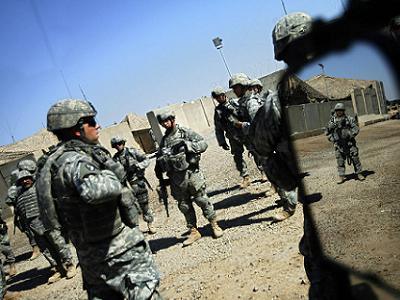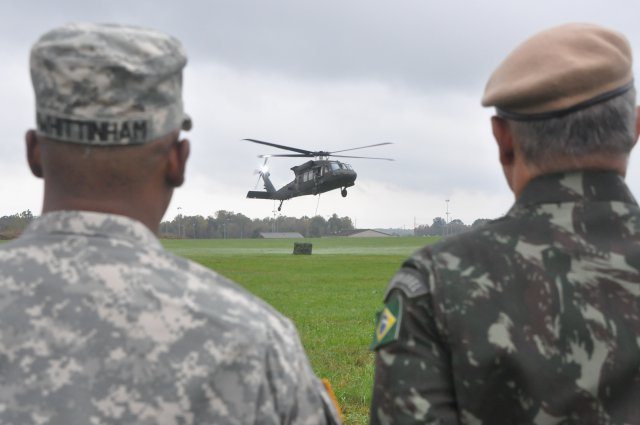U.S. and Iraqi officials are working toward the kind of standard military-to-military relations that the United States has with many other countries around the world, a Pentagon spokesman said Oct. 24.
“The president said very clearly that what we’re looking for is a more normal military-to-military relationship,” Navy Capt. John Kirby told reporters.
“That’s the crux of what we’re discussing right now,” he added.
Kirby made the comments in response to reporters’ questions following up on President Barack Obama’s Oct. 21 announcement that the U.S. military will not keep additional forces in Iraq beyond the agreement to pull out of the country by the end of this year.
That agreement has been in place for three years, but officials from both countries have spent the past few months discussing whether some U.S. troops — perhaps tens of thousands — should remain there to further train Iraqi forces. Obama announced that would not be the case after again discussing the issue with Iraqi Prime Minister Nouri al-Maliki.
“Today, I can report that as promised, the rest of our troops in Iraq will come home by the end of the year,” Obama said in the Oct. 21 announcement. “After nearly nine years, America’s war in Iraq will be over.”
Obama pledged a continued “strong and enduring partnership” with Iraq.
About 150 U.S. forces will serve as military liaisons inside the U.S. Embassy in Baghdad as part of the State Department-run Office of Security Operations, as is common at other embassies around the world, Kirby said.
And while the two governments decided against keeping U.S. military trainers in Iraq, Kirby said, combined military training exercises are part of “virtually all” military-to-military relationships.
A little more than 39,000 U.S. troops remain in Iraq and will be brought home by the end of the year, he said.











